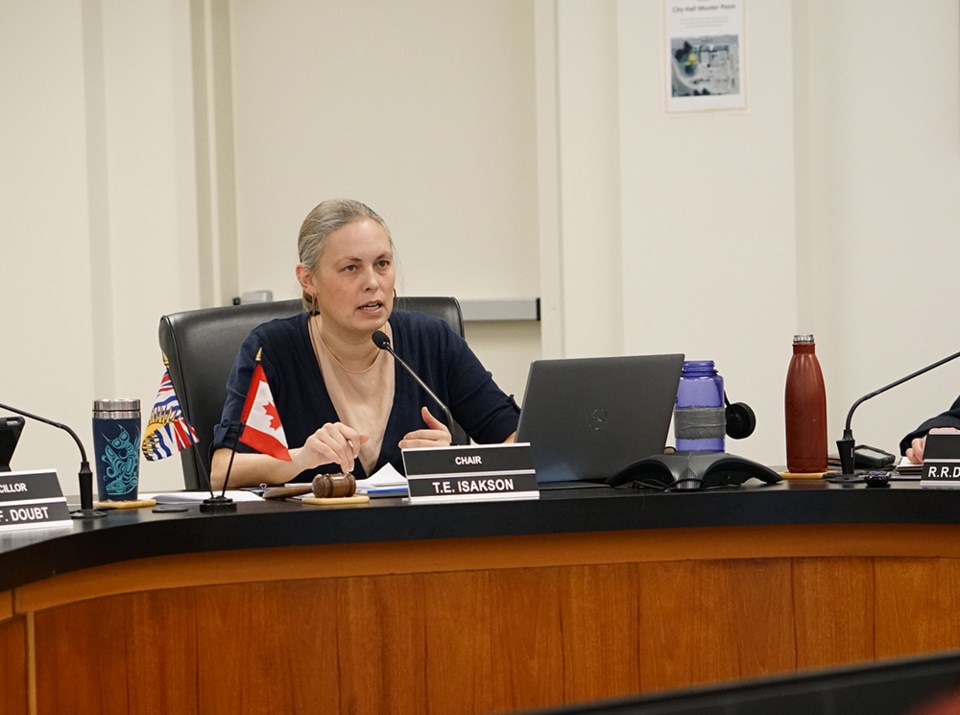People who run for and are elected mayor or councillor of a municipality expect public scrutiny as part of the job. However, an increase in personal attacks, especially online and/or on social media, have been on the rise in recent years, according to BC’s lieutenant governor Janet Austin, who was a panelist on a workshop focused on mental health of elected leaders at the 2024 Union of BC Municipalities (UBCM) Convention.
City of Powell River councillor Trina Isakson was at the convention and spoke to the Peak about her personal takeaway from the workshop.
"It was really lovely to hear from a number of politicians, from communities big and small, who had been struggling with their mental health," said Isakson."The biggest takeaway was [the table I was sitting at] sharing what the barriers to talking about or accessing mental health supports are [for elected leaders]."
Isakson said for some folks who work in municipal politics, including Powell River, those elected to council do not receive health benefits.
"Many people struggle with mental health and it's not unique to politicians; we weren't sharing sob stories," said Isakson. "We don't necessarily expect the public to appreciate some of the struggles elected people have, but [speaking to others at the UBCM] was a reminder for me that struggles are common among everyone, including elected folks."
Isakson said what gave her hope at the meeting on mental health was finding a strong community of people willing to support one another when the job gets tough.
“There was a mayor of one small town who was on the panel and shared her experience," said Isakson. "What got her through was connecting with the mayor of another municipality, because it can be, especially in the role of mayor, a really isolating position."
With increasing polarization, municipal, provincial and federal leaders have been in the crosshairs of personal attacks, extreme vitriol and a general disregard for the right to agree or disagree in a respectful manner.
“There also was a discussion about a peer network that might grow to better support people in politics," said Isakson. "What ends up happening is people who are very kind and compassionate, who take the job seriously but struggle, don't run for re-election."
Attracting new people into politics is becoming tougher due to personal attacks and online death threats.
"People feel like they can't run [for office] because they think it would be too hard, and so being more open about mental health in general, I think is good for society," said Isakson. "But also making sure the role attracts good people, who know they can be supported, even when the job is tough, even when the job is hard."
Austin expressed that, "we are in an era of increasing polarization, where I think people are becoming more entrenched in their perspectives."
This issue is part of the reality that the whole world is suffering more, said Isakson.
"They [the public] are trying to find a way to be in a more stable or comfortable place," said Isakson. "They are reaching out to their local politicians, as people they think can help solve some of the issues they're dealing with."
Isakson reiterated the importance of talking about mental health more.
"Not that we would necessarily get sympathy from members of the public. I would understand that, but just normalizing discussions around mental health."
Join the Peak’s email list for the top headlines right in your inbox Monday to Friday.




